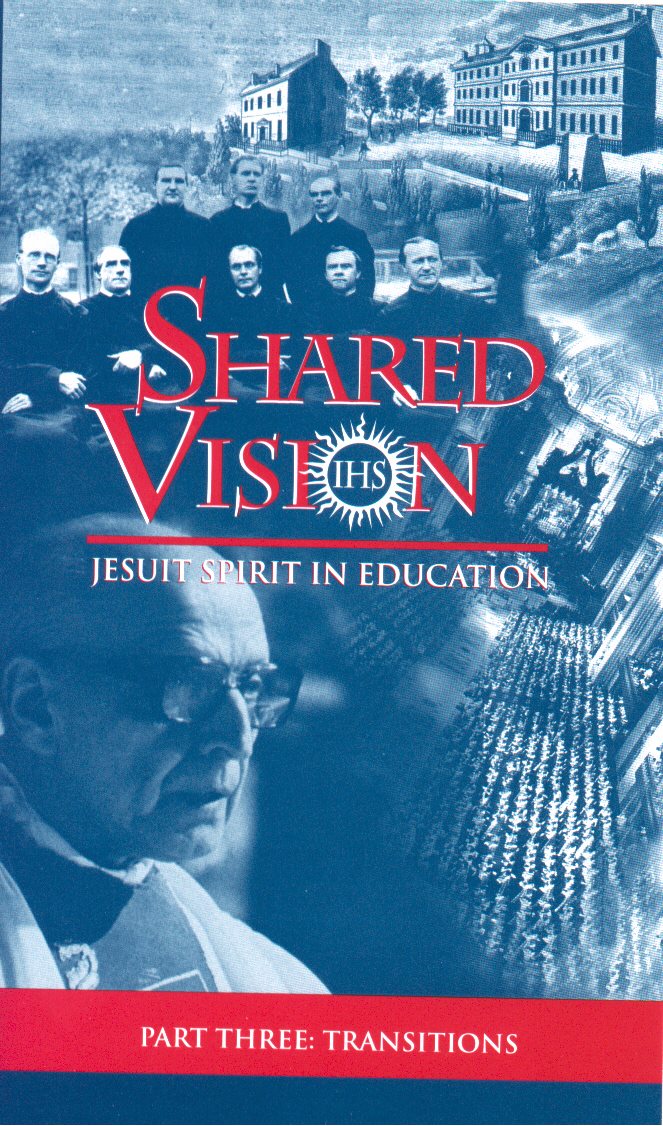|
Some Quotations from the
Video
Janice Farnham, R.J.M., professor of church
history at Weston Jesuit School of Theology in Cambridge, Mass.:
I suppose the question before all of us is, "What does it mean to
be Catholic? What does it mean to be Jesuit and to be a university
or to be a college?" The challenge for the Society of Jesus, and
really for all those who are working with Jesuits, is how is the style
of the Jesuits, which has been so important over a 400-year history, how
is that style going to be translated into the world of the third millennium?
Thomas Landy, director of the Collegium
program at Fairfield University, Fairfield, Conn.:
We thought we knew rather clearly what Catholic or Jesuit higher
education was about. We focused on scholastic philosophy, we worked
out a core, and we had a pretty clear set of ideas that were supposed to
be fixed for all time. And as we came out of that in the '60's and
'70's, I'm not sure if we really knew where to go.
Lisa Sowle Cahill, professor of theology at
Boston College in Chestnut Hill, Mass.:
I think what Jesuits are bringing to higher education in North America
that's really distinctive is a refusal to fragment intellectual disciplines
and to let the professions become mere professionalization. Jesuit
universities are places where professional education, where intellectual
inquiry, where publication, and where teaching never lose sight of the
bigger questions of human meaning and commitment and human values that
give intellectual study its real meaning and its ultimate value.
Joseph Tetlow, S.J., director of the Secretariat
for Ignatian Spirituality, Rome, Italy:
So we've come to the point now where the Jesuits have almost finished
turning over our schools to our lay colleagues. We are now the helpers
and more than that, we are now having to say to our lay colleagues, "What
do you want us to do? How can we help?"
And what we're discovering is the thing that we bring is what we've
brought all along. The sort of crust of our education - whether you
do this course or that course and how much philosophy - that is the crust,
and that is not what we really brought.
We're looking back now and saying, "Hey, we borrowed that anyhow.
Our universities and our colleges in America are much more American than
they are Jesuit." So we're saying the heart of the matter is spirituality.
Most Jesuits that I know feel, "Yeah, you know, we did it well.
We did well. Look at the terrific people whom we invited into this
'compañia,' as it were, who really want the school to remain Catholic
and to remain Jesuit."
So now we need to find out, "Ok, what is the next step?" |
